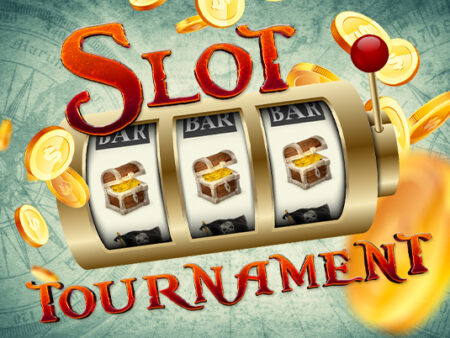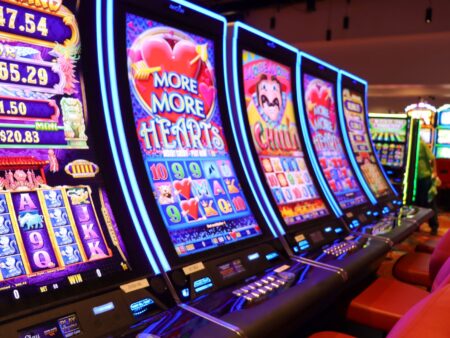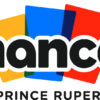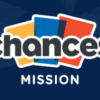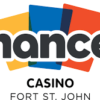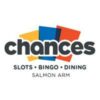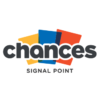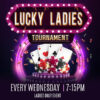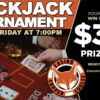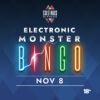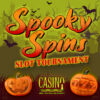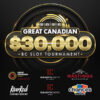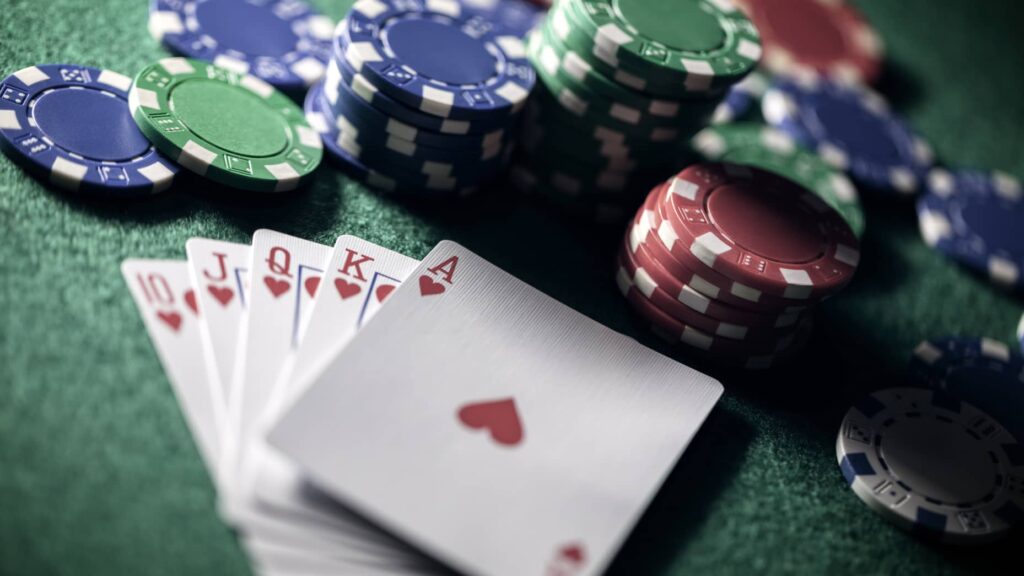
Poker is one of the most popular and exciting casino games in the world. It combines skill, strategy, and psychology, making it a favorite among casino players. This guide provides a comprehensive overview of poker, including the rules, hand rankings, game variations, and tips for playing in Canadian land-based casinos.
1. Understanding Poker Basics
Objective of the Game
- The main objective in poker is to win chips or money from other players by creating the highest-ranking hand or by convincing opponents to fold.
Poker Hand Rankings
Understanding hand rankings is crucial to knowing whether you have a winning hand. Here’s a quick list of the poker hand rankings from highest to lowest:
- Royal Flush: A, K, Q, J, 10, all of the same suit

- Straight Flush: Five consecutive cards of the same suit (e.g., 5-6-7-8-9 of hearts)

- Four of a Kind: Four cards of the same rank (e.g., four Queens)
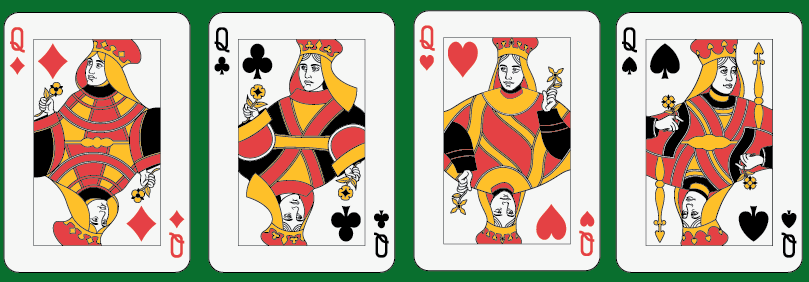
- Full House: Three cards of one rank and two cards of another rank (e.g., three 7s and two 10s)

- Flush: Five cards of the same suit, not in sequence (e.g., 2, 3, 4, 5, 7 of diamonds)

- Straight: Five consecutive cards of different suits (e.g., 4-5-6-7-8)

- Three of a Kind: Three cards of the same rank (e.g., three Kings)
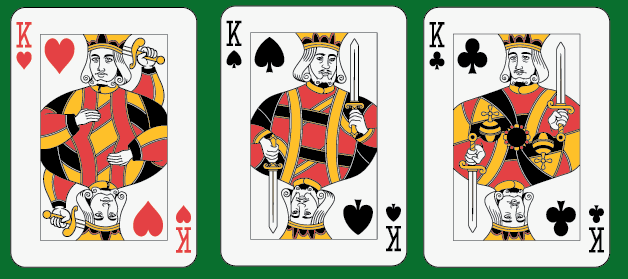
- Two Pair: Two cards of one rank and two cards of another rank (e.g., two 4s and two 10s)
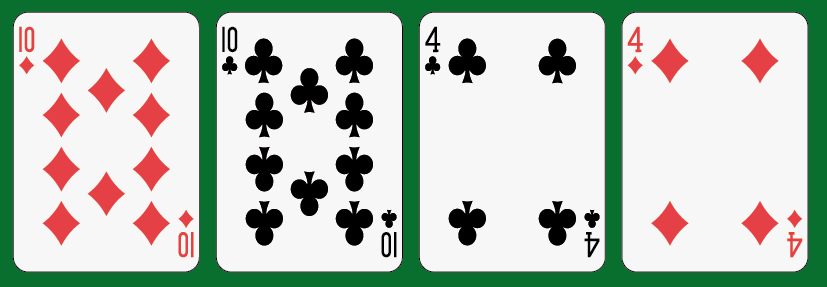
- One Pair: Two cards of the same rank (e.g., two Aces)
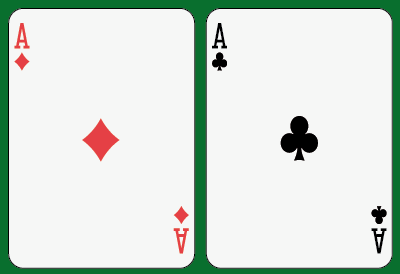
- High Card: The highest-ranking card in your hand when no other hand is made (e.g., a King-high hand)
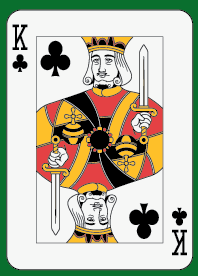
The Basics of Betting
- Ante: A small bet that all players must place before the game begins.
- Blinds: Common in Texas Hold’em, blinds are mandatory bets that two players (small blind and big blind) place before the cards are dealt.
- Check: To pass the action to the next player without betting.
- Bet: To place money into the pot.
- Call: To match the current bet.
- Raise: To increase the current bet.
- Fold: To give up on the current hand and forfeit any money already in the pot.
2. Common Poker Variants
Texas Hold’em
Texas Hold’em is the most widely played poker game in both land-based and online casinos. Here’s a breakdown:
- Game Structure: Players receive two private “hole” cards and share five community cards.
- Betting Rounds: There are four rounds of betting (Pre-Flop, Flop, Turn, and River).
- Objective: Make the best five-card hand using any combination of your two hole cards and the five community cards.
Omaha
In Omaha poker, each player is dealt four private cards, and five community cards are dealt on the table.
- Game Structure: Players must use exactly two of their hole cards and three of the community cards to make their hand.
- Popular Variant: Omaha Hi-Lo, where the pot is split between the highest and lowest hands.
Seven-Card Stud
Unlike Texas Hold’em and Omaha, Seven-Card Stud doesn’t use community cards.
- Game Structure: Each player is dealt seven cards, three face-down and four face-up.
- Objective: Form the best five-card hand out of your seven cards.
3. Poker Etiquette in Canadian Land-Based Casinos
When playing poker in Canadian casinos, it’s essential to follow proper etiquette. Here are some tips to help you fit in and enjoy the game:
- Handle Your Chips Properly: Place your bets in a single, smooth motion to avoid confusion. Known as “string betting,” placing chips in multiple motions is considered bad etiquette.
- Don’t Discuss Your Hand: Revealing your cards or discussing your hand while others are still playing can give away information and is against the rules.
- Act in Turn: Always wait for your turn to act. Acting out of turn can disrupt the flow of the game and may even result in penalties.
- Avoid “Slow-Rolling”: If you have a winning hand, reveal it promptly instead of drawing out the moment to tease other players.
- Be Polite and Respectful: Avoid criticizing other players’ strategies or berating them for their decisions.
4. Playing Poker in Canadian Land-Based Casinos
In Canada, poker is popular in many land-based casinos, especially in provinces like Ontario, British Columbia, and Alberta. Here’s what to expect when playing poker in Canadian casinos:
Finding the Right Casino
Canada has several well-known casinos with poker rooms, including:
- Casino de Montréal (Montreal, Quebec)
- Fallsview Casino Resort (Niagara Falls, Ontario)
- River Rock Casino Resort (Richmond, British Columbia)
- Cascades Casino (various locations in British Columbia)
Always check the casino’s website or call ahead to confirm the types of poker games available, as well as the stakes and table limits.
Buying into a Game
In Canadian casinos, poker tables usually have minimum and maximum buy-ins:
- Low Stakes: $1/$2 and $2/$5 Texas Hold’em tables typically require a buy-in of $100 to $300.
- Higher Stakes: Games with stakes of $5/$10 and above may have buy-ins ranging from $500 to $1,000 or more.
Handling Cash and Chips
To join a game, you’ll need to purchase chips from the cashier. In most Canadian casinos, you cannot play directly with cash at the poker tables; chips are the standard.
Tipping Dealers
In Canadian casinos, it’s customary to tip the dealer after winning a significant pot or if you’ve had a good session. A common tip is to give one or two small denomination chips ($1 or $2) as a token of appreciation.
5. Key Strategies for Poker Success
Know When to Fold
- Folding isn’t a sign of weakness. It’s often the smartest move, especially if you sense that your hand isn’t strong enough.
Play Selectively and Aggressively
- Don’t play every hand. Focus on stronger starting hands and play them aggressively to build pots and put pressure on opponents.
Pay Attention to Other Players
- Observe your opponents to pick up on “tells” or patterns in their behavior. This can give you valuable insights into their hands and strategies.
Manage Your Bankroll
- Set a budget for your poker session and stick to it. Avoid chasing losses, and remember that poker is a long-term game.
Bluff Carefully
- Bluffing is a big part of poker, but it should be done sparingly and with purpose. Bluff only when you’re confident it will convince opponents to fold.
6. Legal and Responsible Gaming in Canada
In Canada, poker is legal in licensed casinos and regulated by provincial gaming authorities. All land-based casinos operate under strict regulations to ensure fair play and safe gaming environments.
Responsible Gaming
Canadian casinos promote responsible gaming through initiatives like GameSense, which provides players with tools and resources to manage their gambling habits. Players are encouraged to set limits, take breaks, and seek help if they feel their gaming is becoming problematic.
7. Common Poker Terms
| Term | Definition |
|---|---|
| All-In | Betting all of your remaining chips on a single hand |
| Blinds | Forced bets that rotate around the table in games like Hold’em |
| Burn Card | The top card that is discarded before dealing the community cards |
| Call | Matching the current bet to stay in the hand |
| Check | Passing the action to the next player without betting |
| Fold | Discarding your hand and forfeiting the round |
| Raise | Increasing the current bet |
| Showdown | When players reveal their cards to determine the winner |
| Tell | Physical or verbal cues that reveal information about a player’s hand |
| Tilt | Emotional play, often due to frustration, that leads to poor decisions |
Conclusion
Playing poker in Canadian land-based casinos offers a unique blend of skill, excitement, and social interaction. Understanding the rules, strategies, and etiquette will enhance your experience and improve your chances of success. Whether you’re a beginner or an experienced player, Canadian casinos provide a safe and enjoyable environment for poker enthusiasts.
Remember, poker is a game of patience, discipline, and decision-making. Play responsibly, enjoy the experience, and have fun at the tables!
